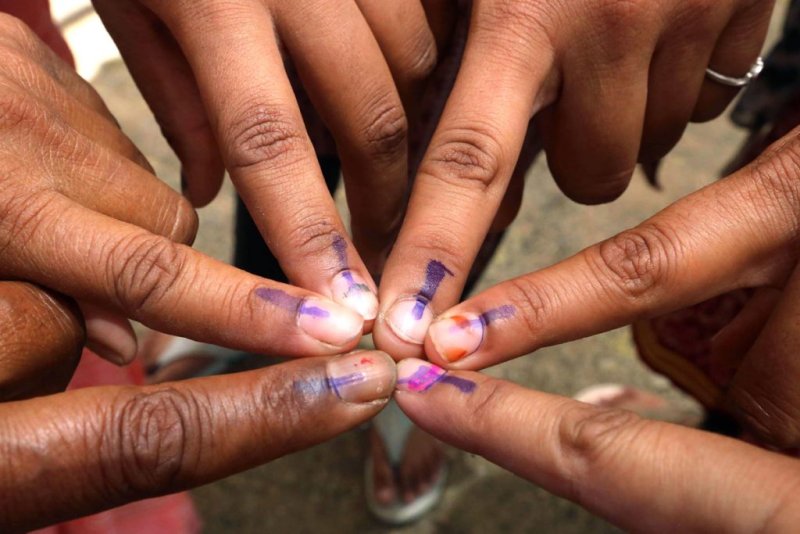
Over time, democracy evolved to include broader representation as countries sought ways to increase public participation. By the 18th century, nations like Britain, France, and the United States had developed "representative democracies," where citizens elected leaders to make decisions on their behalf. Unlike Athens' direct democracy, this approach suited larger populations and marked the start of modern democracy.
While Ancient Greece was pioneering direct democracy, other governance systems in the East also valued people’s participation. In ancient India, for instance, "Gana-Sanghas,” or republics, were governed by councils of community leaders who took part in decision-making. Though these systems differed from Western democracy, they emphasized the importance of community voices and shared governance.
In China, despite being ruled by dynasties for centuries, the early 20th century push for democratic reforms laid the groundwork for modern governance reforms across Eastern societies, embracing public participation and accountability.
Sri Lanka’s road to democracy was heavily shaped by its period under British rule. During colonial times, Britain introduced reforms and gradually included Sri Lankans in governance. In the 1930s, limited elections were held, allowing some Sri Lankans a voice in governance. Full democratic rights, however, were only realized in 1948, when Sri Lanka (then Ceylon) gained independence and the right to vote was granted to all adult citizens.
Since gaining independence, Sri Lanka has developed as a democratic society, giving every citizen the right to vote and participate in choosing leaders for the local councils and Parliament.
From its origins to present, democracy represents a social contract based on equality, fairness, and citizen participation. Voting is central to this system, allowing each person to express their opinion on leaders and policies.
Voting is more than a right; it is a responsibility. It enables citizens to impact decisions that affect essential areas of life, from education and healthcare to national security. Through voting, citizens ensure that their voices are heard and hold leaders accountable for their actions.
Democracy depends on active citizen involvement, and voting is the most direct way to contribute to a nation’s growth. By voting, we honor those who fought for democratic rights and help shape a better future for coming generations.
In Sri Lanka, as in all democracies, voting is a basic right that empowers us to direct our nation’s path. Exercising this right thoughtfully allows each of us to contribute to Sri Lanka’s future.